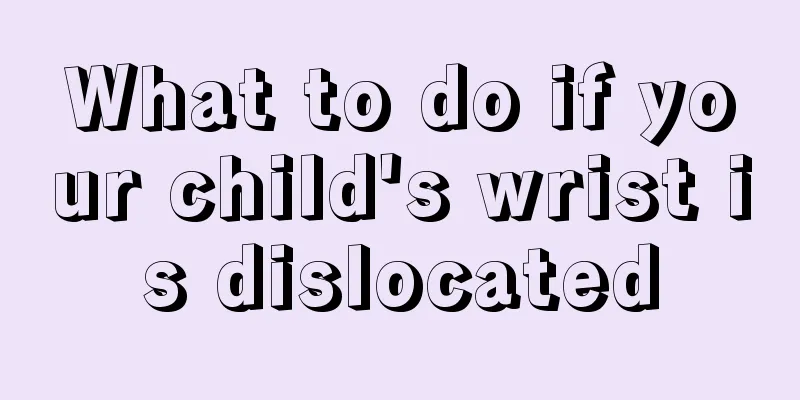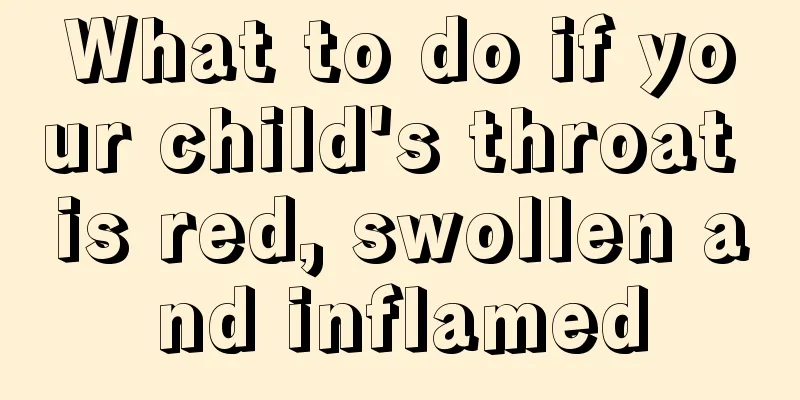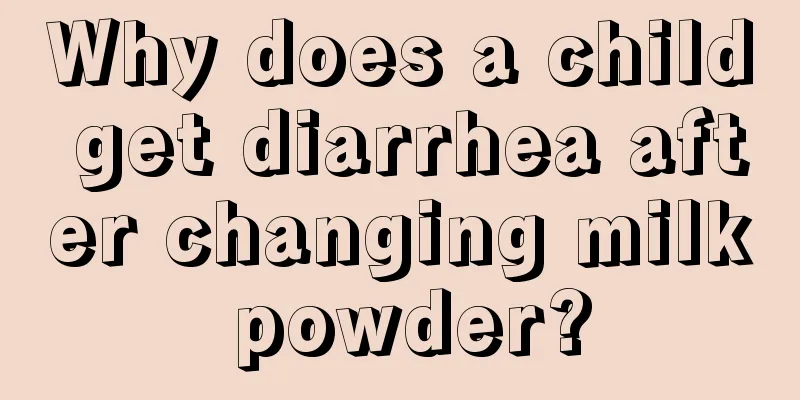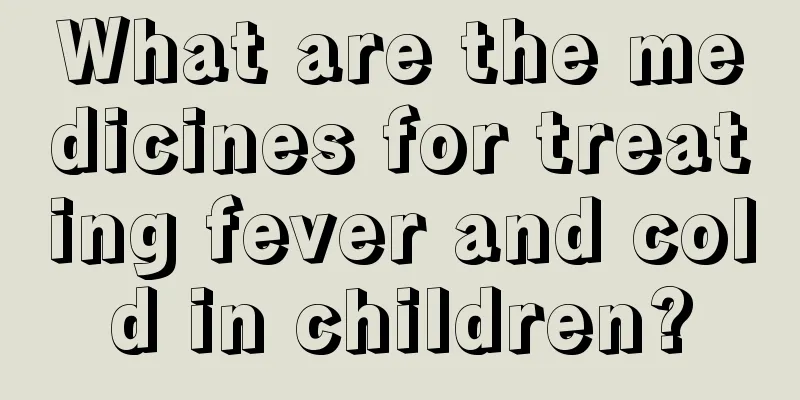Newborn baby sneezing with runny nose

|
Sneezing in newborns is a relatively common phenomenon. Generally speaking, there are four main reasons for sneezing in newborns, namely: protective reflex, sensitivity of nasal mucosa, unsuitable environment or cold symptoms. In order to relieve the symptoms of sneezing in newborns, parents must take certain care measures. In addition, caring for the baby in daily life is also essential. 1. What is the reason for a newborn to sneeze and have a runny nose?1. Protective reflex It is common for newborn babies under 1 year old to sneeze, especially around 3 to 4 months after birth. In fact, sneezing occasionally is not a bad thing. Sneezing can be said to be a protective reflex of the body. It can indicate disease and expel foreign objects in the nasal cavity in time. It can also prevent dust from entering the baby's respiratory tract. 2. Sensitive nasal mucosa The nasal mucosa of newborn babies is more sensitive and they are prone to sneezing when stimulated by, for example, dust or smoke. Some babies may experience paroxysmal sneezing, which is more obvious in the morning or when they inhale cold air. The main manifestation is several or dozens of consecutive sneezes, followed by a lot of nasal discharge. 3. Not suitable for the environment Sneezing in newborn babies is probably a normal phenomenon of adapting to the new environment. After spending nearly 10 months in the womb, the baby is exposed to the outside air after birth and feels different temperatures, smells, etc. The reaction is frequent sneezing. Generally, as the baby grows older and adapts to the environment, the sneezing phenomenon will gradually decrease. 4. Caused by cold In addition to the above situations, newborn babies may also sneeze when exposed to cold. The nasal mucosa of newborns is weak, so even if they don’t have a cold, they are prone to sneezing when the weather gets cold, and they don’t have any other symptoms. If someone around has a cold, it is highly contagious to the baby, so care should be taken to avoid infection. If you are in good health, you don't need to worry too much and never take cold medicine casually.
1. Rest, drink plenty of water, and keep warm. 2. Common colds are mostly viral infections. Do not use antibiotics blindly. Use them reasonably under the guidance of a doctor. 3. If the cold symptoms are severe, you can give your baby some Chinese patent medicines for treating children's colds, such as children's cold granules, isatis root granules, ribavirin granules, Xiao Chaihu granules, etc. If the symptoms are not relieved after taking the medicine and tend to get worse, you should see a doctor immediately. 4. Observe body temperature every 2 to 4 hours. If fever occurs, take cooling measures. Generally, no antipyretic drugs are needed below 38.5 degrees, but physical cooling can be used. If the fever is above 38.5 degrees, antipyretic drugs can be used in combination with physical cooling, and see a doctor promptly.
1. Catching a cold is an important cause of sneezing in babies, so parents should cover their babies with quilts at night and try not to let their children catch a cold when sleeping, which can reduce sneezing and runny nose in the morning. 2. Foreign objects blocking the nose can easily cause sneezing, so parents should help their baby clean the nasal mucus in time. But be careful not to pick your baby's nose with hard objects or your hands. The baby's nasal cavity is not yet fully developed, the nasal cavity is small, and the nasal wax is rich. Picking the baby's nose with your hands or hard objects may damage the baby's nasal mucosa and cause nose bleeding. If bacteria enter the nasal cavity, it may also cause respiratory tract infection. 3. Unless the baby has a runny nose, parents don’t need to worry and don’t need to let the baby take cold medicine frequently. 4. When bathing your baby, do not let the baby suddenly encounter cold air. Maintain the indoor temperature and water temperature. After bathing, quickly dress the baby, dry the body and put on clothes. Do not go outdoors immediately after bathing. |
>>: How to judge your baby's intelligence
Recommend
What to do if a child has mumps and a fever
Summer is the peak season for mumps in children. ...
What is the situation of vomiting in a three-month-old baby?
Many new mothers are troubled by a problem: their...
Can children with acute rash take a bath
The occurrence of roseola infantum always worries...
What to do if your baby is sleepy and has poor appetite
Since babies' bodies are not fully developed ...
Children's stethoscope
People are familiar with stethoscopes, which are ...
How long can a child with cerebral palsy live?
Cerebral palsy is a congenital disease that exist...
Symptoms and treatment suggestions for three-month-old babies with colds
A cold is a disease that can be serious or minor....
What water is good for children to drink when they have a cough
Children usually become prone to coughing due to ...
What should I do if my child pees on the bed?
Looking back on my childhood, I believe most peop...
Can a five-month-old baby eat pumpkin puree?
Most babies are picky about food, and because the...
What are the dangers of hand, foot and mouth disease?
Hand, foot and mouth disease is a common disease ...
What should I do if my baby has transparent hard blisters on the soles of his feet?
The health of a baby's hands and feet can be ...
What to do if a 6-year-old child has toothache
If a 6-year-old child has symptoms of toothache, ...
Baby has fever and low neutrophil count
When your baby has a fever, if you do a routine b...
What should I do if my baby has viral encephalitis?
We all know that some children have weaker physic...









